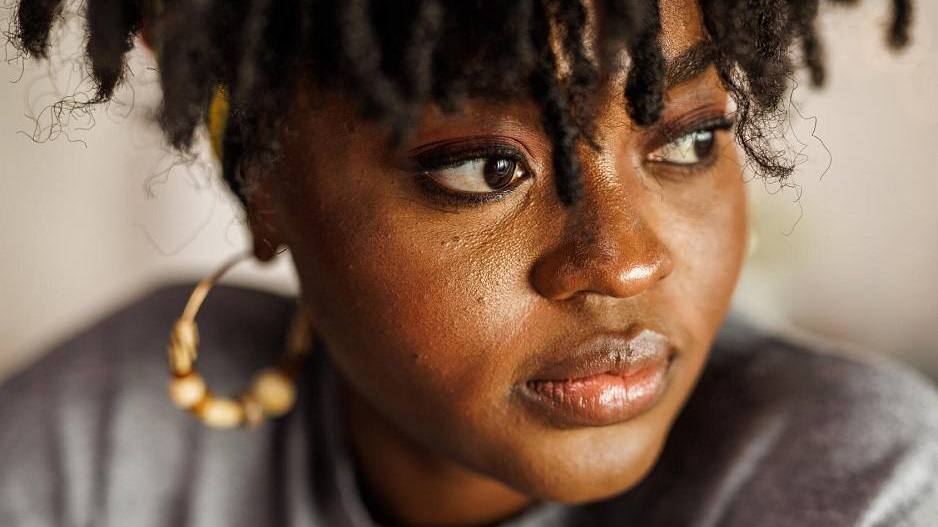
Cancer is never easy—but for adolescents and young adults (AYAs) aged 15 to 39, it can be especially disruptive. These are the years when people are building independence, pursuing education or careers, and forming relationships. A cancer diagnosis during this time can derail those plans and leave lasting emotional and psychological effects.
Kristine Donovan, Ph.D., a clinical psychologist and co-director of Mayo Clinic’s Adolescent and Young Adult Cancer Program, shares insights on how AYAs can care for their mental health during and after cancer treatment.
Prioritize the Basics: Sleep, Nutrition, and Movement
Cancer and its treatments can make it difficult to meet your basic needs. Pain, fatigue, nausea, and appetite loss can interfere with sleep, eating, and physical activity—all of which are essential for healing and emotional well-being.
Dr. Donovan emphasizes the importance of seeking help: “Patients have better outcomes when they work with a counselor or psychiatrist who routinely works with cancer patients.” Therapies like cognitive behavioral therapy (CBT) and medications tailored to cancer-related symptoms can make a big difference.
Communicate Your Needs and Boundaries
Navigating relationships during cancer can be tricky—especially for young adults who were just beginning to assert their independence. Dr. Donovan encourages AYAs to clearly communicate their preferences with caregivers, friends, and family. Whether it’s deciding who accompanies you to appointments or who has access to your health information, setting boundaries can reduce stress and empower you to take control of your care.
Tap Into AYA-Specific Resources
Younger adults often have fewer financial, emotional, and social resources than older patients. That’s why AYA-specific support is so important. Many cancer centers offer counseling, peer support groups, and help with school, work, or finances.
Online resources are available through organizations specializing in AYA cancer survivorship, including:
- Checklist: Finding Help as a Parent with Cancer
- National LGBT Cancer Network Resource Library
- Returning to Work After Cancer Treatment
- Stupid Cancer Resource Guide
- Triage Cancer Military, Veterans & Cancer Resources
- Triage Cancer Toolkit for Navigating Finances After Cancer
Focus on What You Can Control
Uncertainty is one of the hardest parts of a cancer diagnosis. Dr. Donovan recommends focusing on small, manageable steps—like preparing questions for your care team, improving your sleep habits, or planning how to spend time before treatment begins.
“If you have two weeks before surgery, for example, how do you want to spend that time?” she asks. “Maybe you can finish that work project—or maybe you just want to relax and spend those weeks with friends and family.”
Give Yourself Permission to Grieve
Cancer can bring many kinds of loss—missed milestones, career delays, financial strain, or changes in family roles. Dr. Donovan reminds us that it’s okay to grieve these losses. “It’s a life interrupted,” she says. “There’s nothing you can say to make that better, but we can give them permission and space to express and process these feelings.”
Bottom line: If you’re an AYA cancer survivor, your mental health matters just as much as your physical recovery. Don’t hesitate to ask for help, set boundaries, and seek out resources designed for your unique needs. You’re not alone—and support is out there.
Originally published on the Mayo Clinic Comprehensive Cancer Center blog.
 Connect
Connect
 Connect
Connect